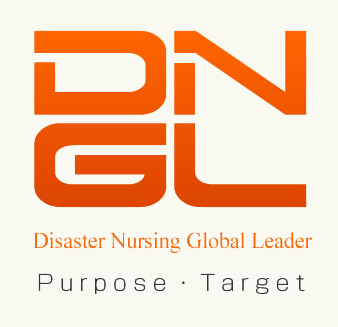
From July 3-6, 2018, the Mongolian Government hosted the 2018 Asian Ministerial Conference on Disaster Risk Reduction (AMCDRR) which takes place in the capital Ulaanbaatar. Co-organised with the United Nations Office for Disaster Risk Reduction (UNISDR), the AMCDRR aimed to accelerate efforts in the region to reduce and prevent disaster losses through implementation of the Sendai Framework for Disaster Risk Reduction 2015-2030. The theme of the AMCDRR 2018 ‘Preventing Disaster Risk: Protecting Sustainable Development’ reflects the essence of the Sendai Framework. Over 3,000 delegates and participants from Asian and Pacific countries, governmental and inter-governmental organisations, the United Nations and other stakeholders attended the conference.
Delegations from the DNGL University of Kochi, Prof. Sakiko Kanbara and Mr. Hastoro Dwinantoaji (4th grade of DNGL student), participated in the AMCDRR 2018. In the conference, Prof. Kanbara introduced the EpiNurse Model in the session of "Science to Informal Policy in Health Emergency & Disaster Risk Management (Health-EDRM)". Health status is a key factor for the vulnerability and resilience of people and communities to disasters. Health is another area of relative prominence in the Sendai Framework. It is a notable synergy across the policy frameworks for climate change, sustainable development and DRR and could be useful in framing complex policy issues.
In addition, during the conference, Integrated Research on Disaster Risk (IRDR) also presented its official statement and underlined the importance of an inter-disciplinary approach in disaster risk reduction (DRR). IRDR is committed to advance its mission to develop trans-disciplinary, multi-sectorial alliances for in-depth, practical DRR research and studies, and the application of their significant findings to relevant policies, plans and practices for risk reduction and resilience building.
The conference come at a critical moment for regional efforts in the prevention, reduction and management of disaster risk and presents key strategic opportunities. Developing good networking skills is hardly an easy task, especially for early career researchers, who are starting to navigate the vast boundaries of academia and might feel like little fish in a big ocean. Young researchers are aware that a good network is essential for professional collaboration, participation in international research grant schemes and more broadly to becoming part of the scientific community. Elevator pitches are so important.



